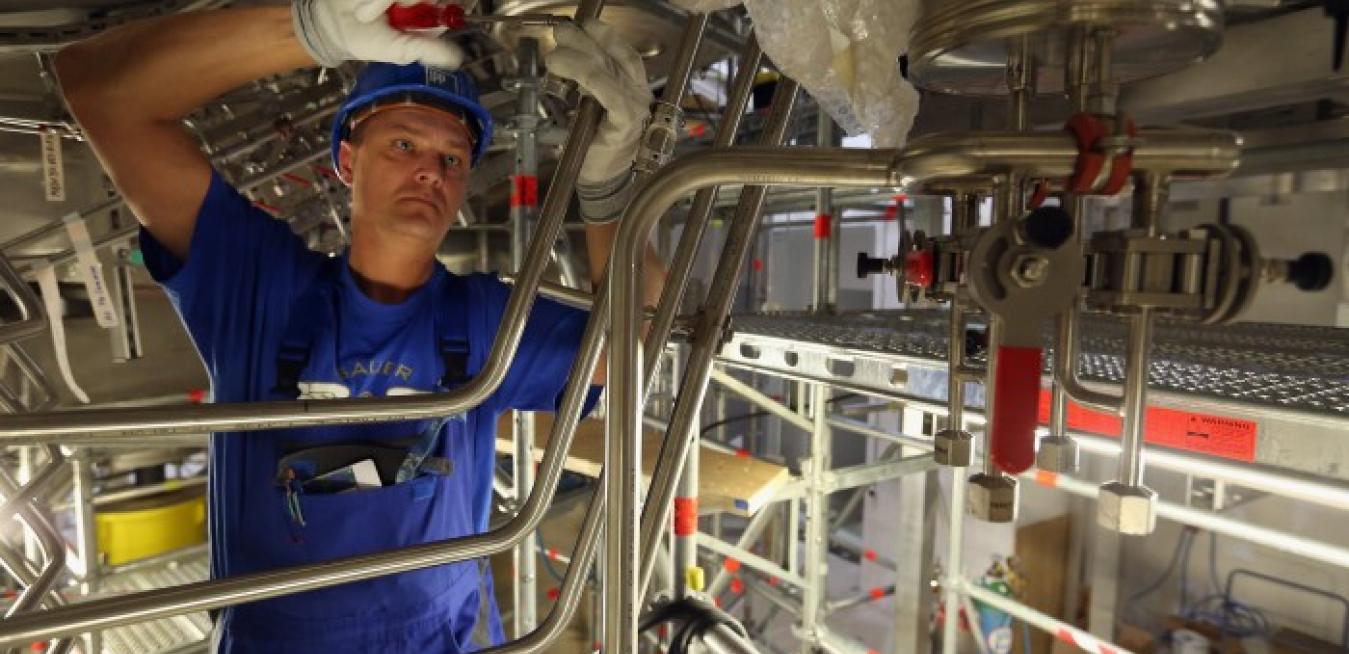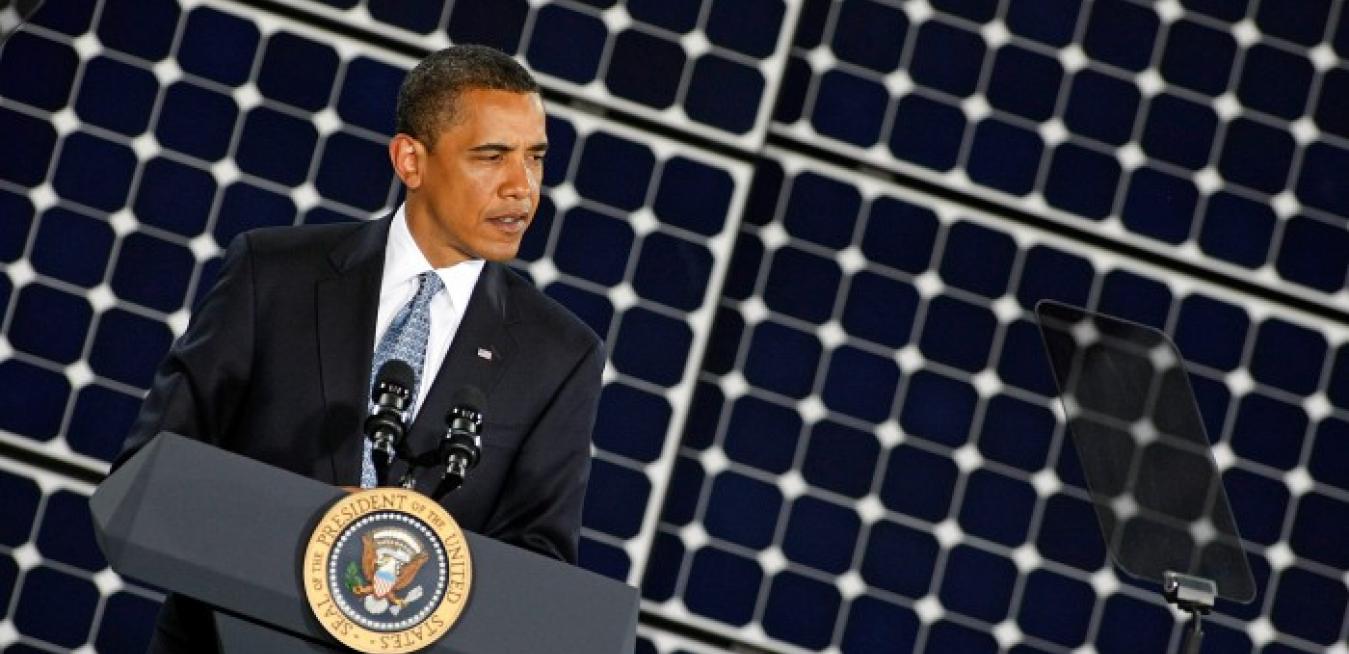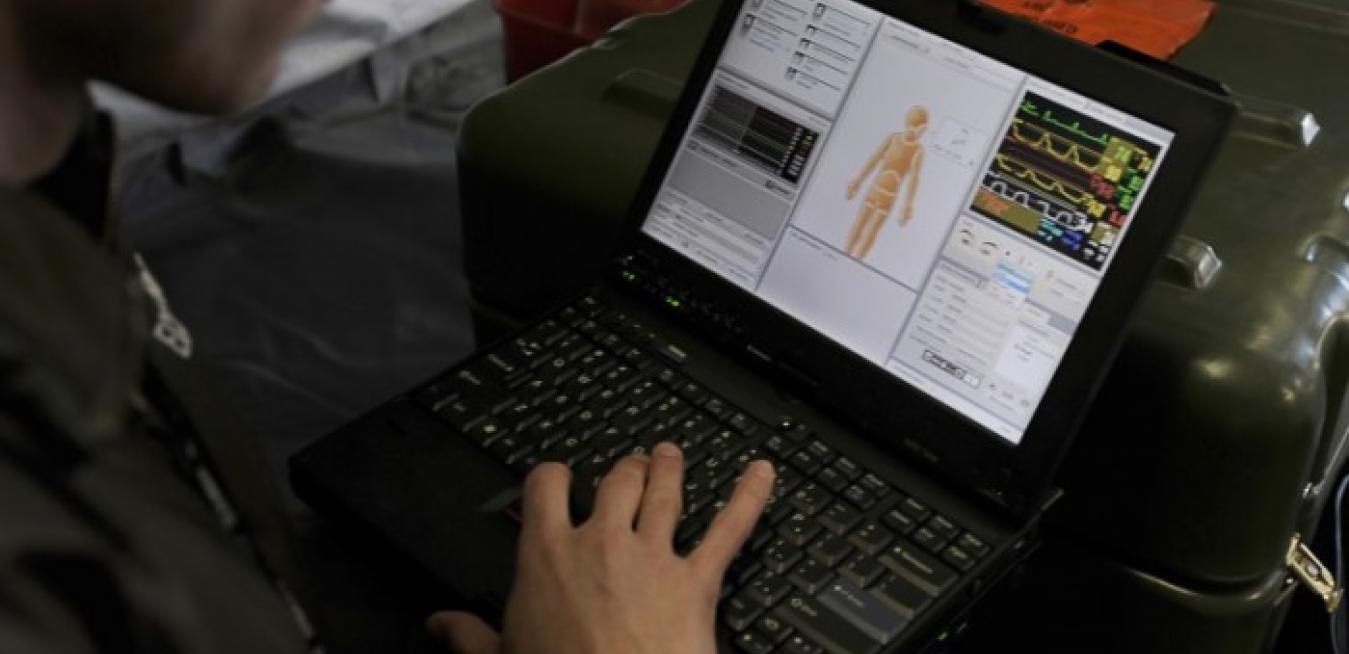The launch platform in which I participated was a pop-up, three-week innovation and manufacturing center where aspiring makers, entrepreneurs, and students could go to develop new skills and learn about advanced manufacturing technologies.
In the case of the reauthorization of the Export-Import (Ex-Im) Bank, however, thousands of businesses of all sizes in congressional districts across the nation can’t understand why Washington is threatening to let Ex-Im’s charter expire. Frankly, I don’t either.
For low-income teens in Oakland, California, success across the bay in Silicon Valley seems impossibly far when gang violence and tussles with the police are daily happenings at home.
Silicon Valley is home to the some of the world’s top coders and developers, whose apps—like ride-sharing and travel deal platforms—often aren’t relevant to low-opportunity teens from the inner city. How can these teens get a shot at participating in the ever-growing app economy?
Empower them to code on their own.
Countries at the top of the list, such as No. 1 Germany, are positioned with stronger, more competitive economies that use less energy to achieve the same or better results than other nations, according to the American Council for an Energy Efficient Economy, which released the scorecard last week.
Meanwhile, some people remain thoroughly convinced that climate change has no connection with power plant emissions. As the cornerstone of Obama’s climate change policy, this proposal is now met with adamant opposition.
The World Health Organization estimates that the world is experiencing a shortage of about 7.2 million healthcare workers and recently warned that number could balloon to 12.9 million by 2035.













